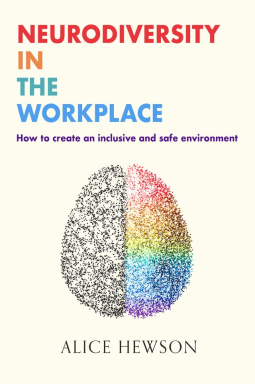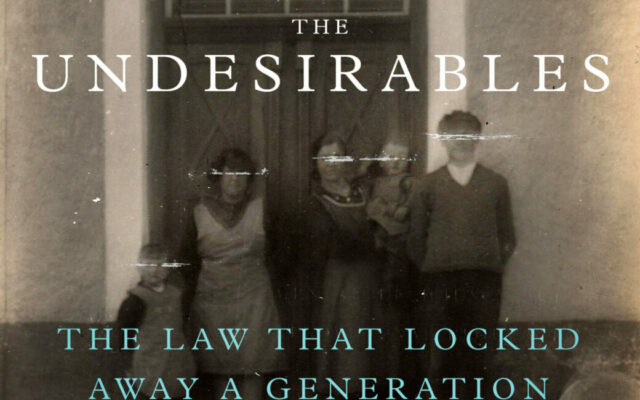Book review – The persistent stigma of epilepsy – David O’Driscoll enjoys a moving and tender account of both the history and the personal impact of epilepsy.
The Smell of Burning: the Story of Epilepsy
Colin Grant
Published by Vintage Publishing (2016)
ISBN: 9780224101820
The condition of epilepsy has been known since the beginning of time. The word epilepsy originates from Greek, meaning ‘a taking hold of’ and ‘a seizure’. The hallmark of this condition has been the unpredictable loss of control over one’s self. The causes of it are not known. The condition affects roughly one in a hundred people. As Colin Grant says, one way to understand it is to think that one person in the morning train carriage has it. In The Smell of Burning Grant sets out to explore what he has termed the ‘parallel lives’ of people with epilepsy. But it is more than a straightforward historical account of this condition. It is also part memoir, part family trauma and part medical exploration. There are moving personal testimonies from people living with the condition.
While there is uncertainty about the causes of the condition, one thing is certain – as a learning disability professional, epilepsy is something one will come across. Historically, people with epilepsy were often bracketed together with people with learning disabilities. For example, it was not until 1907 that there was a separation in institutionalised care in America. In general, the more severe the degree of the learning disability, the more likely it is that epilepsy will occur with greater severity. Current research shows it is 26 times more likely. Treatment it is not always effective, with up to one-third of anti-epileptic medications not working. It has always concerned me that I have come across several people with learning disabilities on this medication and yet the last time they had a fit was when they were a child.
There was widespread concern throughout history that people were susceptible to epilepsy by mere association with it. Both learning disabilties and epilepsy were aligned with stigma which persists today. Epilepsy became known as, ‘the falling sickness.’ There were many theological speculations about the role of the devil and possession, in the ‘disgraceful disease.’ To the ancients the epileptic was an object of horror and disgust and not a saint and prophet as has sometimes been contended. Epilepsy has been seen as a hopeless, progressive degeneration of the brain. The novelist Graham Greene seriously contemplated suicide when told of his diagnosis.
The most moving part of the book is Grant’s account of the personal story of his younger brother Christopher who died at the age of 39 from a heart attack.Grant relates the struggle he had to come to terms with his diagnosis, the family trauma it caused and various brushes with the medical authorities along the way. He decided not to take the medication.
This was a very moving and tender portrait of their relationship and how this condition affects not just the person with the condition. As a health professional, I found Grant’s account of his training to be a doctor and the resulting disillusionment very interesting. I think this book will be essential reading for all professionals working in this area. Grant has written a very clear, concise, readable book, although people with learning disabilities do not specifically feature. I learnt a lot from it. In a way it is a story of our incomplete understanding of this condition and on-going struggle.





